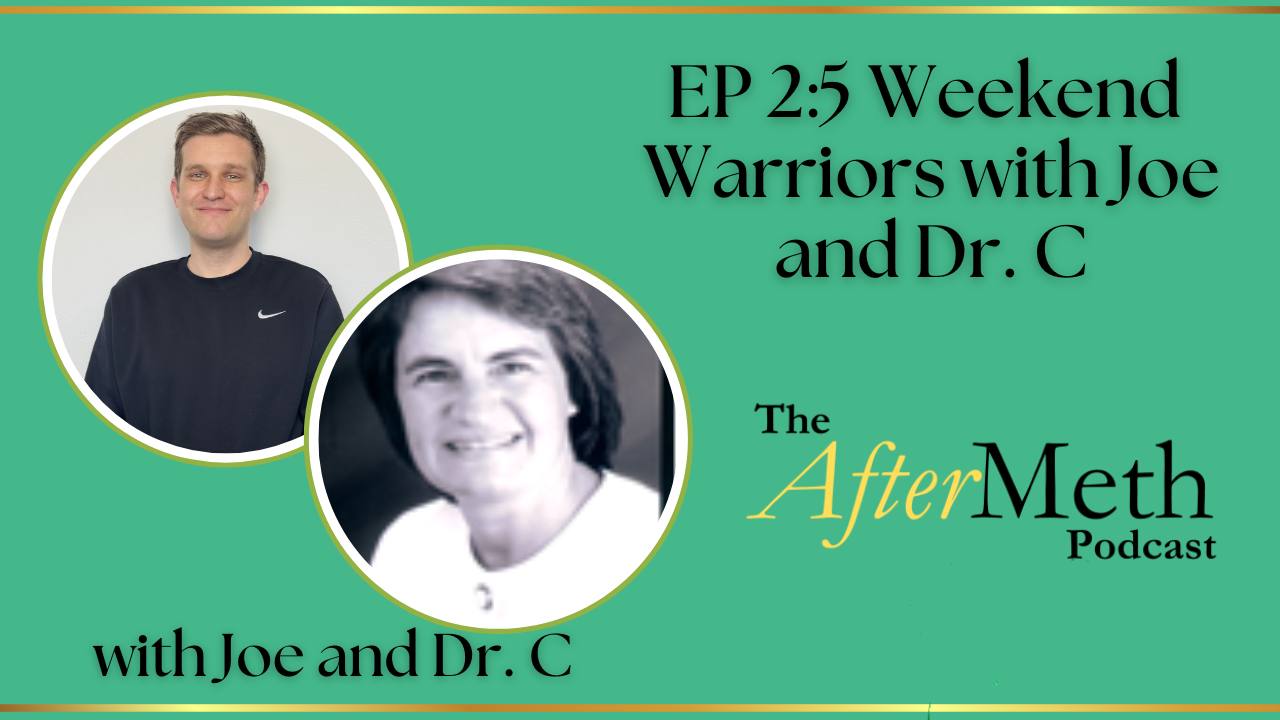DO NOT call me a Tweaker.

Would you refer to an African American as the "N" word?
How about calling two gay men walking down the street "A couple of F-ggots"?
How about a homeless person acting erratically on the street, a "Psycho"?
I seriously doubt it.
Certain words carry stigma, hate, and energetic implications.
Recently I was having a conversation with a man who is a former meth user about possibly being a guest on my podcast.
As we spoke about life after meth, he made the comment: "Yeah, you're just a tweaker helping other tweakers!"
I stopped the conversation.
Yes, I know he had the best of intentions.
Yes, I know he is attempting to reclaim a stigmatized word.
Yes, I know this seems to be common among recovery groups.
No, I will not accept being called a tweaker.
Conversation over.
The words we use to describe ourselves become the architecture of our identity.
When we accept labels tied to our darkest moments, we unknowingly construct prisons of perception that can outlast the behaviors themselves.
Recovery isn't just about changing what we do—it's about revolutionizing how we see ourselves.
And if we fundamentally see ourselves as "just a tweaker," we are being held back from our fullest potential.
Here are Four Reasons Why I Do Not Identify as a "Tweaker":
1. The Power of Self-Definition
The language of addiction doesn't just describe our experience—it colonizes our identity.
Each time we accept or use substance-related labels, we're reinforcing neural pathways that cement this temporary chapter as our permanent state of being.
Our brains operate on a principle similar to confirmation bias.
Whatever identity we claim becomes the filter through which we process our experiences.
This translation might be subtle, but it shows up as the unspoken tone of our thought process and beliefs.




